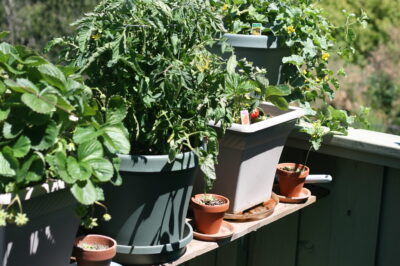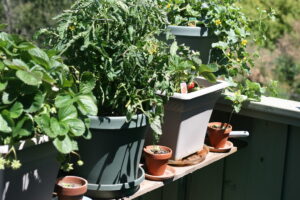-

Is Biochar Safe for Song Birds?: Complete Guide & Tips
Biochar is a powerful soil enhancer, yet its impact on songbirds requires careful consideration. Understanding biochar’s characteristics and toxicity levels is crucial. Proper application methods are essential to prevent potential harm to songbirds. Engagement with recent studies and expert opinions is paramount for informed decisions about biochar use. Being aware of signs of adverse effects…
-

Biochar: Can You Eat It? Safety Recommendations & Tips
Biochar might seem similar to activated charcoal, but it’s primarily for soil enhancement, not consumption. Limited research makes eating biochar inadvisable. Safety measures, such as wearing protective gear, are crucial when handling biochar. Eco-friendly gardeners, however, can use biochar to improve soil health, indirectly benefiting dietary plants…
-
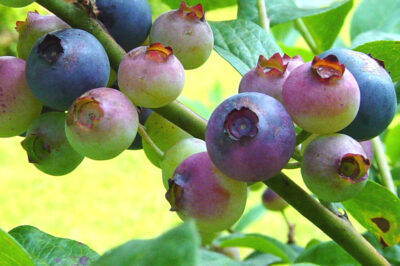
Biochar for Blueberries: Soil Conditions, Choosing, & Application
Biochar can significantly improve soil conditions for blueberries, enhancing water retention and nutrient availability. Careful selection and application are key, potentially leading to healthier plants and increased fruit yield. Long-term use of biochar contributes to sustainable farming and improved soil health, making it a game-changer for blueberry cultivation…
-
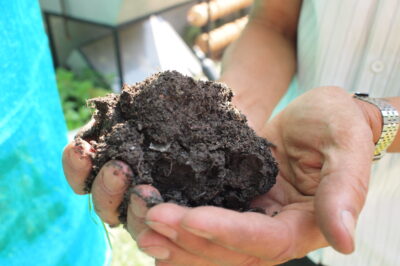
Fine-grained Biochar in Combination with Compost Tea and Worm Castings
Discover the powerful trio of fine-grained biochar, compost tea, and worm castings, and how they can boost your garden’s health. Enhancing soil structure, improving nutrient retention, and accelerating plant growth, these natural ingredients offer a synergistic effect. Learn the best application techniques and proportions for optimal results…
-
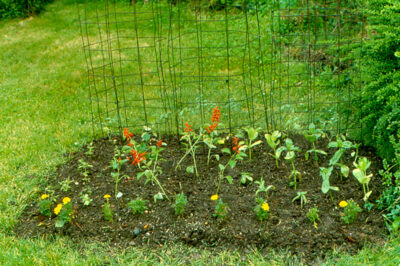
Top Biochar Varieties for Small-Scale Gardens
When enriching your small-scale garden, choosing the right biochar is crucial. Hardwood biochar improves water retention and supports beneficial microbes. Softwood biochar provides aeration and less dense structure. Agricultural waste biochar is sustainable and nutrient-rich. Designer biochars can be tailored to specific soil needs and enriched with minerals for lasting benefits…
-
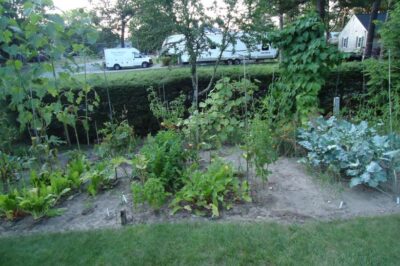
Seasonal Guide to Using Biochar for Annual Plants
Learn how to maximize the benefits of biochar for your annual plants with our seasonal guide. From understanding its impact on soil health to timing its application for optimal results, this article covers all you need to know to incorporate biochar effectively into your gardening routine…
-
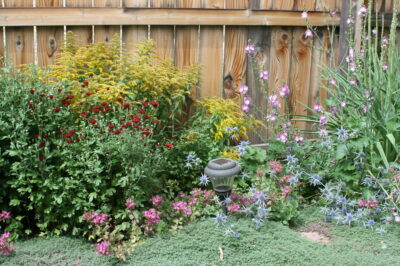
Seasonal Guide to Biochar for Perennials
Biochar is the secret weapon to elevate your perennial garden. Learn how to activate and apply it throughout the seasons for optimal results. From spring preparation to summer resilience and autumn root development, biochar can transform your garden into a flourishing haven for perennials.
-
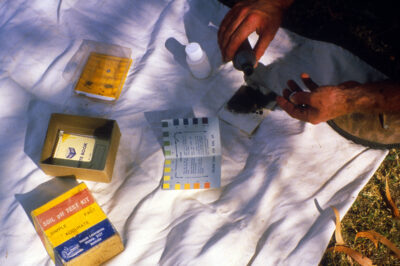
Monitoring Soil pH Levels with Biochar Application
Soil pH is crucial for plant health, affecting nutrient availability and microbial activity. Biochar, a carbon-rich product, can significantly improve soil pH levels, especially in acidic soils. Real-world examples show that biochar can turn acidic soils around quickly and maintain pH stability over time…
-
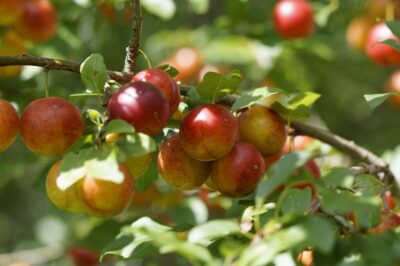
Biochar for Backyard Garden Fruit Trees: Benefits and Drawbacks
Biochar, a carbon-rich soil enhancer, offers numerous benefits for backyard fruit trees. From improved soil fertility and water retention to larger, tastier fruits, the potential is vast. While it has initial costs and may affect soil pH, incorporating biochar can lead to long-term soil health and increased fruit production…
-
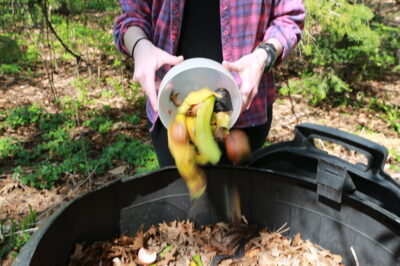
Adding Carbon to Compost for Successful Backyard Gardening
Adding carbon to your compost is like adding flour to your cake mix – it’s essential for structure and success. Carbon acts as an energy source for microorganisms and improves soil structure, water retention, and plant health. Find out how carbon can turn your average compost into a garden superfood…

